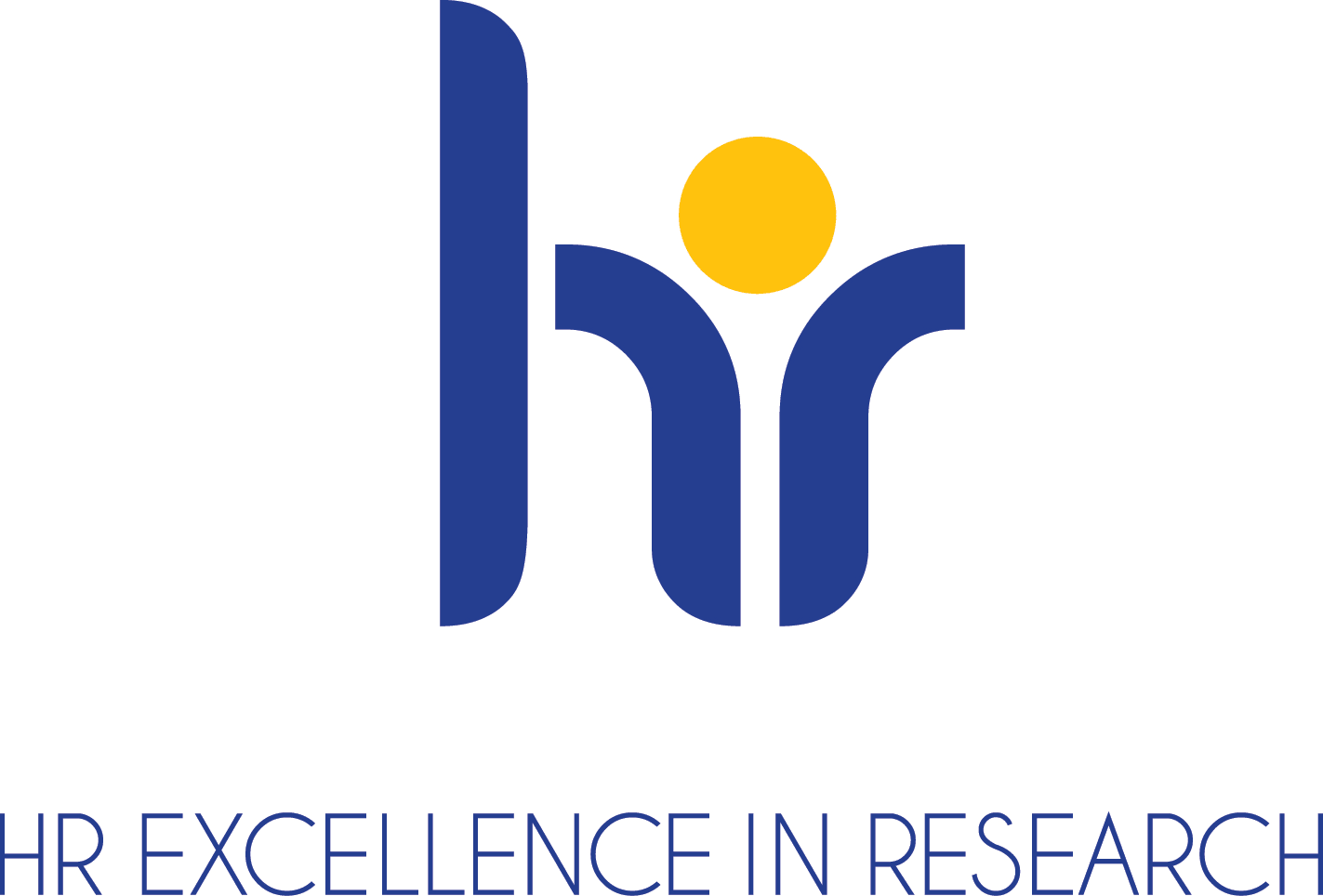
Engineer developing and testing serious games to raise awareness of the de-impermeabilization of urban soils
- On-site
- Compiègne, Hauts-de-France, France
- Urban Engineering AVENUES
The University of Technology of Compiègne is recruiting a serious games development engineer as part of the PERMEPOLIS (ANR) project, dedicated to the de-impermeabilisation of urban soils.
Job description
The University of Technology of Compiègne (UTC) is recruiting a development engineer for a serious games to contribute to the PERMEPOLIS research project, within the Urban Engineering Department - Avenues Laboratory.
The PERMEPOLIS project (2024-2028) deals with the desoiling of urban soils in the context of climate change. It is funded by the French National Research Agency (ANR).
Mission
You will be responsible for Oversee the development of two serious games to raise awareness of soil de-impermeabilization issues
Immerse yourself in the project
Understand the context surrounding the issue of de-impermeabilization
Understand the content, objectives, task breakdown, etc. of the PERMEPOLIS project
Understand the initial work on serious games carried out within the framework of PERMEPOLIS
Manage the progressive development of the games and the organization of test workshops
Define the objectives set for each game in collaboration with PERMEPOLIS researchers
Define the appropriate type of support
Create an initial prototype
Organize a prototype test workshop with Permepolis members and gather feedback
Develop the prototypes to an operational version. O Organize test workshops with different audiences
Test other serious games related to de-impermeabilization to compare the contribution of these games to existing and accessible serious games (living soil workshop, water fresco, etc.)
Establish and maintain contact with public (MTES, Water Agencies, etc.), community (La compagnie des Rêves urbains, Association of Mayors of France), and even professional organizations to gather feedback and disseminate the games
Main activities
Game creation
Organization of test workshops
Scientific valorization
Summary
In cities, the disadvantages of soil sealing (flooding from rainwater runoff, the well-being of residents in urban heat islands) are exacerbated by climate change. De-impermeabilization is therefore a necessity. However, its drawbacks, such as the remobilization of pollutants, must be taken into account. De-impermeabilization, a step in the renaturation process, is also part of the response to the European objective of "zero net artificialization" (ZNA) by 2050, adopted by the Climate and Resilience Act in August 2021. Its market is booming. However, local authorities lack tools and methodologies, for example, to define de-impermeabilization strategies at different scales within their territory.
In this context, the Permépolis project aims to develop a method for co-constructing territorial de-impermeabilization strategies. Considering the various regulations (e.g., urban planning and environmental), the various benefits and risks associated with de-impermeabilization, and the different perspectives of stakeholders, the PerméPolis project identifies the following challenge: How can relevant technical, legal, and social information be combined within a framework co-constructed with stakeholders to converge toward an effective soil de-impermeabilization strategy in urbanized areas? The project brings together, in an interdisciplinary approach, public research institutes (Univ. Eiffel, Nantes Univ., MinesParis-PSL, UTC, ESGT, ONERA, BRGM, Cerema), a private partner (OTEIS), and a local authority (Nantes Métropole). The consortium will specifically address the following research questions:
i) How can we better characterize the properties of sealed soils at the territorial level? The consortium aims to improve the acquisition and processing of hyperspectral data to map the nature and properties of sealed surfaces (materials, albedo, frequency of use, etc.) and to map soil properties and legal constraints;
ii) How can we better characterize the benefits and risks associated with soil de-impermeabilization? The project aims to assess the effects on runoff flooding and thermal comfort, as well as the potential remobilization of pollutants;
iii) How can we co-construct a de-impermeabilization strategy at the territorial and local level? The consortium aims to develop a method and demonstrate its replicability across several territories (mainland France and overseas), taking into account their specificities, factors of divergence (stakeholder perspectives, regulations, legal constraints), and uncertainties. The main expected result is a method for co-constructing optimized de-impermeabilization strategies and associated tools with stakeholders. The multi-criteria analysis tool coupled with a GIS will improve the robustness of the de-impermeabilization potential map (with regard to benefit/risk analysis, uses, stakeholder points of view, uncertainties) and help in the co-construction of de-impermeabilization scenarios. The serious game dedicated to the actors will facilitate the co-construction process through the understanding of the complexity of the city and the challenges of de-impermeabilization. The project will also produce thematic maps on the pilot study area (Nantes Métropole territory) to improve knowledge of the urban system, while integrating a representation of uncertainties. Artificial intelligence and geostatistics will be used to address uncertainties, which will be qualified in a concerted manner to facilitate their combination under GIS and their consideration in the decision-making process.
Additional information
Application dates
From 31/07/2025 to 30/08/2025
Type of contract and expected date of recruitment
Fixed-term contract – starting in September 2025 until June 2026 – renewal in September 2026
Gross monthly salary
Depending on experience and funding
Hours worked
Part-time 22 hours and 30 minutes per week (reference 1,607 hours / year for full-time).
Job requirements
Skills
Development of serious games
Knowledge of issues surrounding the question of urban soil impermeability
Ability to interact in a transdisciplinary context and with a variety of audiences (researchers, students, etc.)
Diploma, training and accreditation
Diploma: minimum 4 years of higher education
Field : urban engineering, hydrology, planning/urban planning, serious games
or
All done!
Your application has been successfully submitted!

